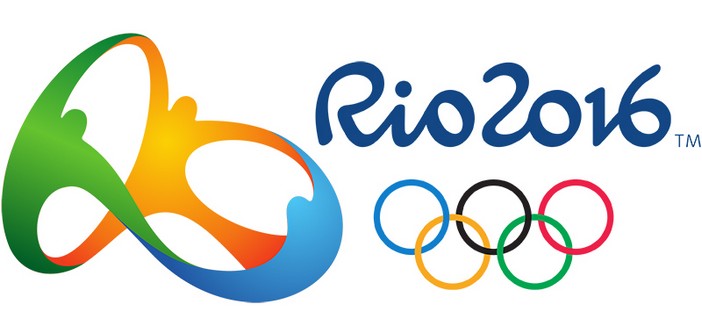During the opening ceremony, the parade of athletes represents the universality of sport. Athletes from all races, origins, cultures, and creeds are the stars of a dazzling and moving spectacle under the applause of an excited audience.
Of course, it is the delegation of the host country that marches last as per protocol (the first team is always Greece, the founding country of the Olympics) and earns the top applause.
However, the Rio Games presented a surprise, and what a surprise: for the first time, a delegation of “refugee” athletes took to the stadium track to represent, under the Olympic banner, all those whom life circumstances have deprived of a home and, hopefully temporarily for them, a country.
The Carioca public understood this well and gave them a true ovation.
The values of sport, once again, have warmed hearts, and that is very much welcome.
“These athletes have no home, no team, no flag, no anthem. Our aim is to give them a home alongside other athletes; the Olympic flag will guide them to the Olympic stadium,” declared Thomas Bach.
For the IOC, engaged with the United Nations High Commissioner for Refugees, creating a team of refugee athletes is an opportunity to bring the migration crisis, which severely affects the world, back to the forefront.


